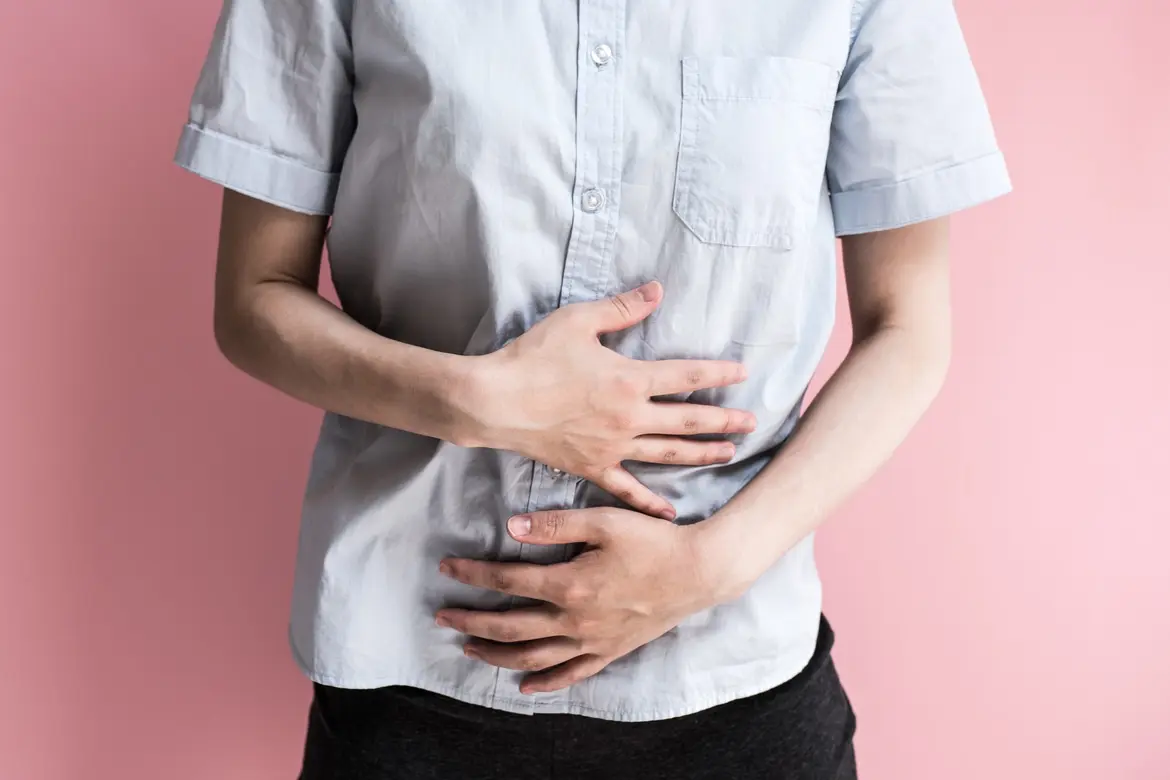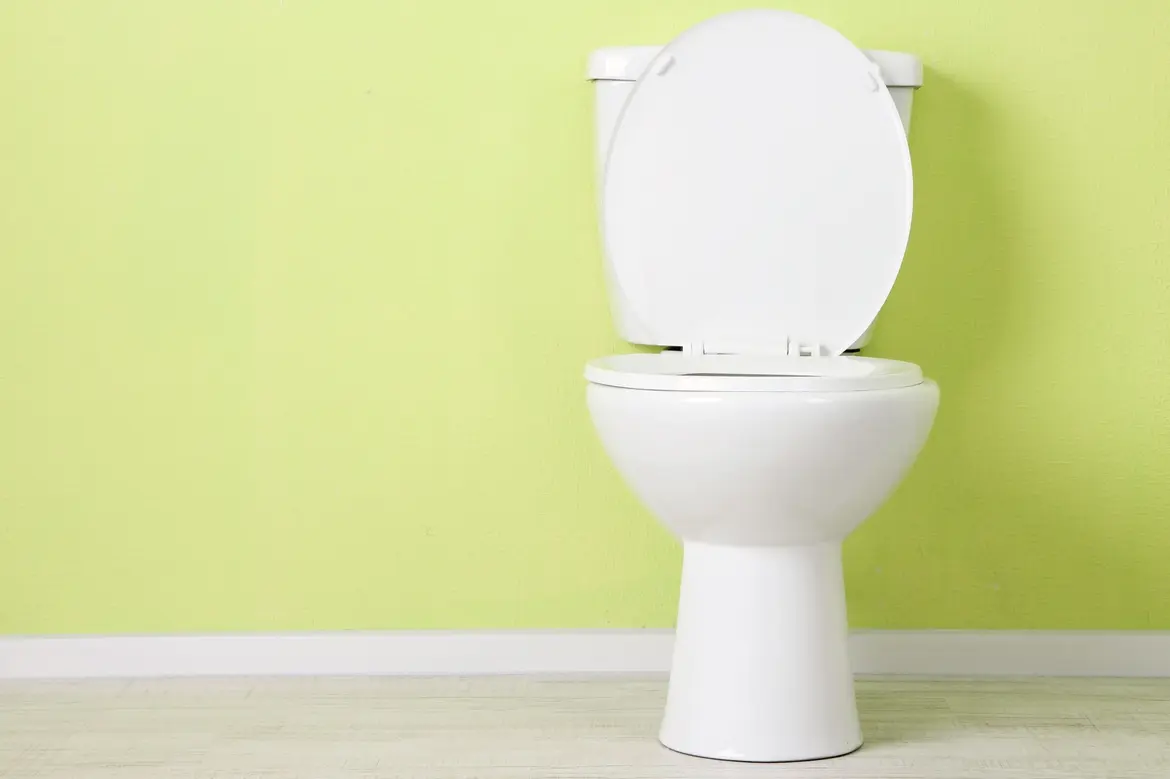It's common to occasionally suffer from heartburn after eating certain foods, drinking acidic juices or drinking alcohol.
But if you are experiencing heartburn on a regular basis, there may be an underlying cause.
Dr Poh Choo Hean, a gastroenterologist at Mount Elizabeth Novena Hospital, explains the conditions that may be causing you pain and how they are treated.
What are the symptoms of heartburn?
You may already be familiar with the symptoms of heartburn, which typically causes a burning or sharp sensation in your chest or belly. Rising acid is also a common companion that can cause an unpleasant taste in the mouth.
Other symptoms may include:
- A sore throat or cough
- Feeling as if there is a lump in your throat
- Excess saliva
- Bad breath
What is causing your heartburn?
Heartburn and acid reflux are the most common symptoms of gastroesophageal reflux disease (GERD), a digestive disorder that affects the muscle separating your food pipe and stomach. While it is already considered the most common chronic gastrointestinal disorder in the world, its prevalence is currently rising in Asia.
GERD can be caused by a condition named hiatal hernia – where part of the stomach protrudes into your food pipe – and can result in damage or inflammation. There are also many other contributing factors, such as consuming certain foods and drinks, smoking or being pregnant.
The most common treatment is currently proton pump inhibitor therapy (PPI). This is a type of medication that reduces the amount of acid your stomach produces.
What happens if you don't respond to treatment?
Between 10 – 40% of patients do not respond to PPI therapy. Don't panic if you are one of them. There are many reasons why it may not be working for you:
- Your body may be resistant to the medication
- You may be taking the medication at the wrong time of day, or your symptoms may be occurring more often at night
- You may have a hypersensitive food pipe
- You may have heartburn but no evidence of hiatal hernia or damage to the food pipe, which can be caused by non-erosive reflux disease (NERD)
- You may have a quick metabolism, meaning the medication isn't absorbing into your system properly
- You may have another gastrointestinal disorder that requires treatment
Instead of simply upping your dosage, it is important to consult your doctor to find an alternative or complementary treatment that suits you.
How a doctor will determine the cause of your heartburn
Firstly, your doctor may complete a simple endoscopy procedure to check your upper digestive system using a small camera. They may also take a small tissue sample for testing.
If the endoscopy comes back normal, your doctor may conduct a pH impedance test over a 24-hour period, which uses a thin nasal tube to check how often acid is leaking into your food pipe.
These common procedures help your doctor to determine the true cause your heartburn and suggest a suitable treatment option for you.
How a doctor will treat your heartburn
If are diagnosed with NERD or a hypersensitive food pipe, your doctor may prescribe pain medication to help alleviate your heartburn symptoms.
If you are officially diagnosed with GERD, your doctor may implement a new PPI dosage schedule, prescribe alternative acid-blocking medication or, in severe cases, consider surgery to repair the damage to your food pipe.
What to do next
You can help to manage the symptoms of heartburn yourself by:
- Leaving at least 2 – 3 hours between your final meal and going to bed
- Eating smaller food portions
- Eating more slowly
- Avoiding common heartburn triggers, such as citrus fruits or juices, caffeine-based drinks, high-fat foods, spicy foods and alcohol
- Stopping your smoking habit
- Keeping a food diary of what you eat and when heartburn occurs
If symptoms persist, consult your doctor to find the best treatment for you.












